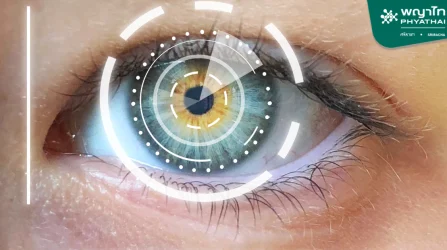Liver cancer is a serious condition, but it can be treated effectively if diagnosed early and managed appropriately. The treatment options for liver cancer vary depending on the stage, tumor location, and the patient’s overall health. This article focuses on the available treatment options for liver cancer in its early stages.
For further information or Booking..
Early-Stage Liver Cancer Treatment Options
For patients diagnosed with early-stage liver cancer, who are in good overall health and have a localized tumor that has not spread, the primary goal is complete recovery. The following treatment options are commonly recommended:
Localized Ablation Therapy
This approach utilizes minimally invasive procedures to destroy cancer cells directly at the tumor site. It is most effective for small tumors (less than 3 cm) in locations accessible via needle insertion.
Radiofrequency Ablation (RFA)
RFA involves inserting a needle into the tumor to deliver high-frequency radio waves. These waves generate heat (90–100°C), effectively destroying cancer cells by causing dehydration and shrinkage. The procedure typically lasts 20–40 minutes.
Microwave Ablation (MWA)
Similar to RFA, MWA uses microwave energy instead of radio waves. The tumor absorbs the microwaves, generating heat that effectively eliminates cancer cells.
Advantages and Limitations of RFA and MWA
Advantages:
- High precision – Advanced imaging technology ensures accurate tumor targeting.
- Minimal side effects – The procedure is generally well tolerated.
- Quick recovery – Most patients require only 1–2 days of hospitalization.
Limitations:
- Ineffective for tumors larger than 3 cm.
- Not suitable for tumors near major blood vessels or the gallbladder due to the risk of heat-related complications.
Liver Surgery (Partial Hepatectomy)
For larger tumors or those located in challenging areas, surgical removal of the affected portion of the liver is recommended. In suitable candidates, this procedure offers a high chance of complete recovery.
Factors Influencing Treatment Decisions
Specialists determine the most appropriate treatment based on several factors, including:
- Tumor size and location.
- Disease stage.
- Patient’s overall health and liver function.
- Potential risks and limitations of each treatment option.
Outcomes of Early-Stage Liver Cancer Treatment
Localized treatments like RFA and MWA have demonstrated excellent outcomes, including:
- High recovery rates
- Shorter recovery time
- Minimal complications
Advancements in medical technology have significantly improved patient prognosis, providing hope and an enhanced quality of life for those with early-stage liver cancer.

















